
In 2025, an unusual legislative trend emerged as several Republican-led states began to move toward banning weather modification practices. These actions were primarily driven by public safety fears and environmental concerns, despite the lack of any operational technology capable of widespread weather manipulation.
The combination of rising unease surrounding geoengineering and mistaken beliefs about “chemtrails” has led to a wave of proposed legislation across the nation, marking a new chapter in climate policy discussions. This article examines the role of public perception and political motivations in shaping the legislative landscape, as well as the societal implications of these proposed bans.
Legislative Surge

The year 2025 saw a marked escalation in the introduction of bills aimed at banning weather modification and solar geoengineering. A total of 22 states presented legislation that year, showcasing a dramatic uptick from previous years.
Notably, the state senates in Florida and Arizona successfully passed major bills, signaling a more substantial commitment within Republican-majority legislatures to regulate perceived threats from weather modification techniques. Such legislative efforts reflect the rising public concern regarding environmental safety, although experts argue that these proposals may be based on misconceptions and would overly restrict legitimate scientific research.
Historical Context of Weather Modification

Weather modification has a long history, with practices such as cloud seeding dating back to the 1950s. Initially implemented for local purposes, these efforts have now become intertwined with broader discussions about modern geoengineering. The conflation of historical practices with misconceptions surrounding large-scale manipulation, such as “chemtrails,” adds complexity to current policy debates.
This history raises important questions about public understanding and the implications of legislative action, as many contemporary proposals reflect a lack of clarity regarding what constitutes legitimate weather modification versus unsubstantiated fears of government overreach in environmental matters.
Pressure on Lawmakers
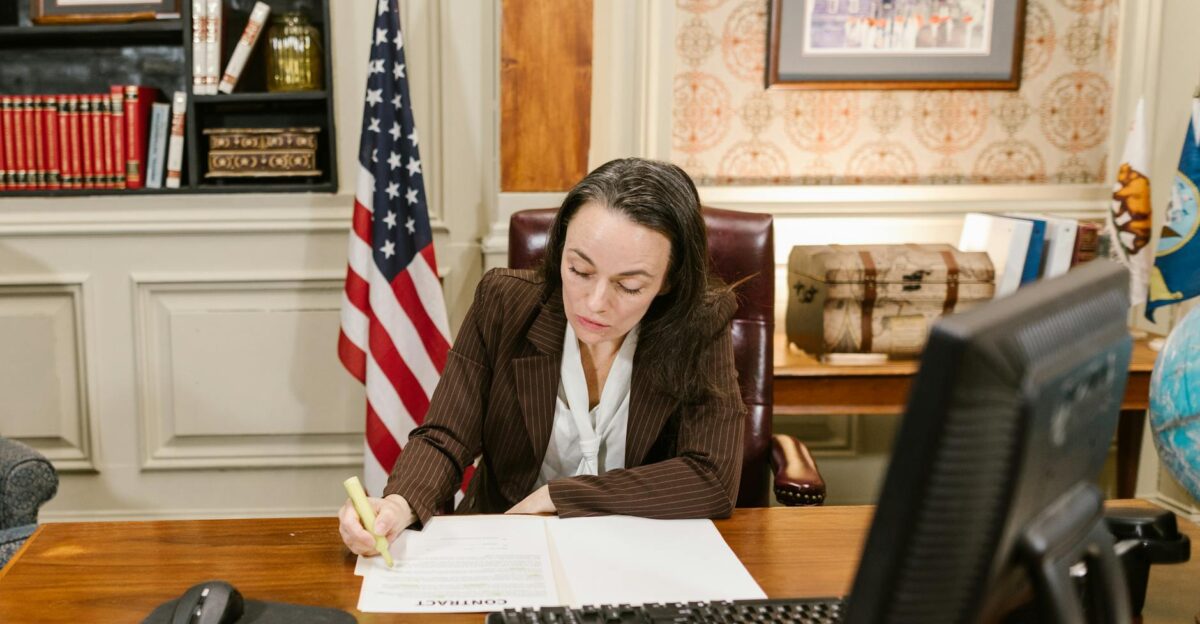
Pressure on lawmakers is mounting as fears about contrails and allegations of covert climate manipulation infiltrate public discourse. Republican-majority legislatures, in particular, are responding to constituent concerns that are often fueled by misinformation.
Public hearings and discussions have highlighted concerns over the perceived dangers of chemicals in the atmosphere, despite the lack of scientific evidence to support such claims. Alabama Representative Mack Butler articulated this sentiment, stating, “When you disperse chemicals into the atmosphere, it does affect every one of us many times in a negative way,” thereby underlining the fear driving legislative action.
Significant State Action: Florida’s Law

In June 2025, Florida enacted a significant law prohibiting specific acts intended to influence the state’s atmospheric conditions, including the temperature and intensity of sunlight. This sweeping legislation carries steep fines for any violations, reaching up to $100,000.
The law’s supporters emphasized it as a precautionary measure, rather than one stemming from scientific evidence of existing weather modification activities. This law reflects the urgency lawmakers feel to address public concerns and has paved the way for similar legislative efforts across other states. It serves as a critical example of the national trend toward banning weather modification.
Regional Follow-Up
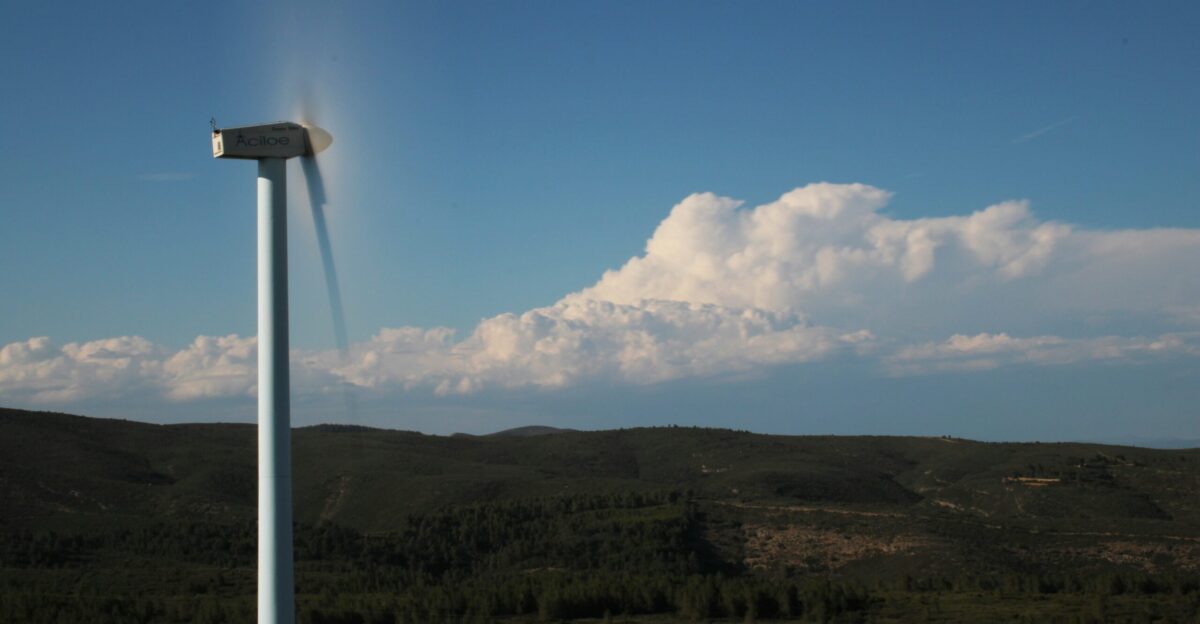
Following Florida’s lead, states such as Tennessee, Alabama, and Louisiana quickly considered or enacted similar bans on weather modification and geoengineering technologies. Tennessee took the lead in April 2024, being the first in the nation to enact such a law.
These states are responding to perceived public outrage and fears, despite the lack of concrete evidence that weather modification poses a genuine threat to public safety. The rapid progression of several laws underscores the urgency and effectiveness of conservative political mobilization on environmental issues, despite the prevailing scientific consensus.
Voices from Lawmakers
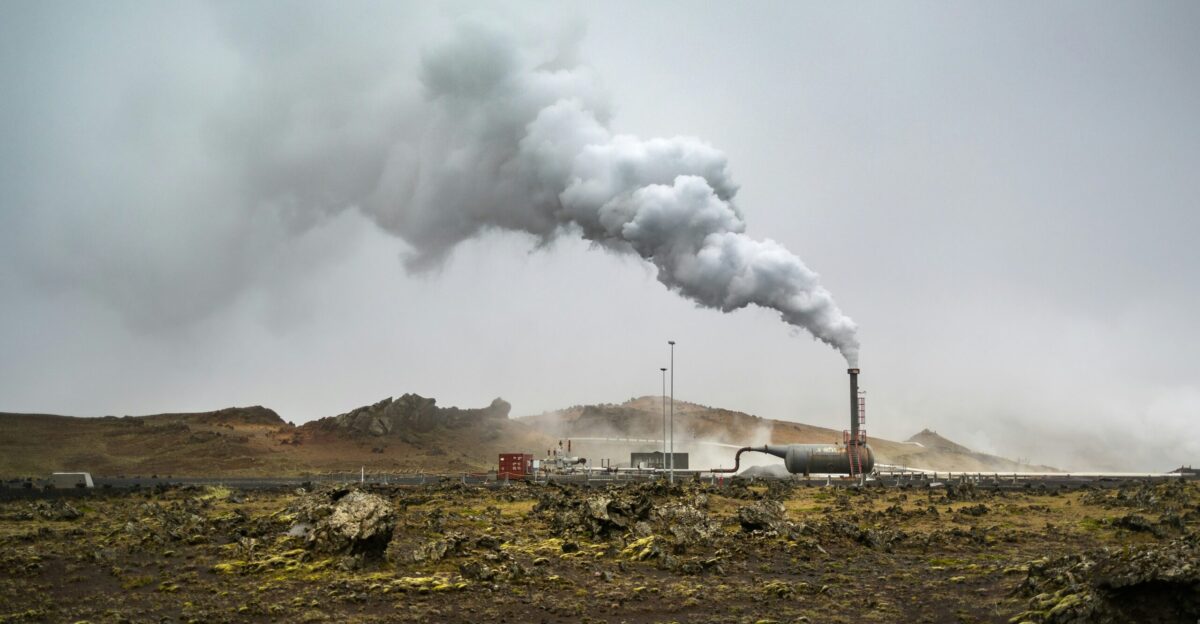
Human concerns about public health and safety are playing a prominent role in these legislative debates. Alabama Representative Mack Butler has voiced that practices involving chemical dispersal pose potential risks to the population. Florida officials, while advocating for their new law, stress that it is grounded in precaution rather than empirical evidence.
Representative Butler’s statement encapsulates the fear that is prevalent among constituents: “When you disperse chemicals into the atmosphere, it does affect every one of us many times in a negative way.” This sentiment resonates strongly across various communities, driving legislative agendas.
Compliance and Infrastructure

To enforce these new laws effectively, several states have instituted reporting requirements for airports and infrastructure operators. They are now required to report any suspected weather modification activities to the authorities every month.
By October 2025, various Florida airports had complied with this new regulation, marking a shift in operational protocols centered on perceived environmental interventions. This requirement raises concerns among experts regarding resource allocation, as many believe that focusing on unsubstantiated threats should not divert local scientists’ efforts from pursuing credible climate research.
A Macro Trend

As of mid-2025, a remarkable trend has emerged: 30 states have proposed measures targeting the limitation or outright ban of weather modification activities. This comprehensive regulatory movement reveals a national inclination towards restrictive policies, often based on public perceptions rather than evidence.
While not all proposed bills were enacted, the sheer volume indicates that the climate issue is becoming a focal point of political maneuvering. Scientific councils’ recommendations for rejection in some states exemplify the disconnect between scientific evidence and legislative action influenced by widespread fear.
Federal Legislation

In July 2025, U.S. Representatives Marjorie Taylor Greene and Tim Burchett introduced the “Clear Skies Act,” a bill aimed at banning federally geoengineering and related activities. The legislative push gained notable attention, highlighting a disconnect between the scientific community’s consensus and political action.
Existing scientific research suggests that exploring geoengineering options with stringent regulations, rather than outright bans, raises significant questions about the future of climate policy. The proposed law embodies the national dynamics influencing state actions and public discourse around weather modification, anchoring the conversation firmly within the political sphere.
Challenges from Agencies

The implementation of bans has not been without complications. Some state agencies have expressed concerns regarding the ambiguity surrounding the definitions of weather modification, particularly distinguishing between traditional cloud seeding practices and allegations of expansive geoengineering.
This operational confusion risks misallocating resources and distracting from legitimate climate research efforts. Experts argue that the focus on supposed threats could hinder scientific advancement and local governance aimed at addressing actual environmental challenges effectively, calling for a more transparent dialogue on the nature of weather modification.
Changes in Oversight
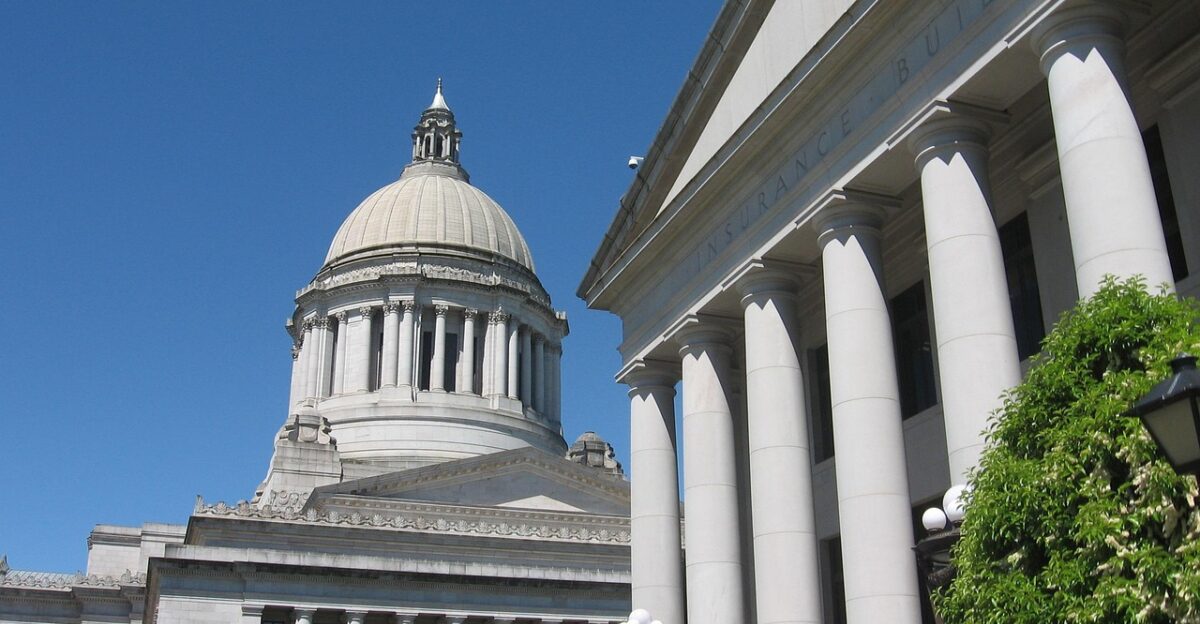
Florida’s law, primarily endorsed by Republican legislators, including Senator Ileana Garcia, revamped oversight and created stringent reporting mechanisms for suspected weather modification activities. The law’s enactment reflects a robust attempt to align state policy with public skepticism about geoengineering practices.
This shift highlights the impact of grassroots movements on legislative bodies, as officials increasingly associate the urgency surrounding these laws with constituent concerns, indicating that public sentiment will continue to influence environmental regulations significantly.
Strategic Responses in the West

Several Western states faced pressure to adapt existing weather policies to better align with local sensitivities regarding climate issues. While states like Montana and Arizona considered altering their regulations to narrow the ban on solar geoengineering, they sought to ensure that traditional cloud seeding practices remained permissible.
By striving to balance scientific feasibility with public concern, these adaptations showcase attempts to maintain local agricultural practices without succumbing entirely to the pressures of political rhetoric surrounding weather modification.
Expert Analysis

Experts in climate policy argue that imposing bans on geoengineering could severely restrict scientific inquiry and responsible governance concerning environmental risks. Julie Vinders from Trilateral Research underlines this concern, advocating for nuanced regulations rather than blanket prohibitions.
As policymakers grapple with public fears and misinformation, the need for informed discussions centered on evidence-based science becomes increasingly crucial for effective climate governance. The implications of legislative bans may ultimately limit innovation and hinder efforts to effectively respond to climate change.
Legislative Future

As 2025 comes to a close, many states keep their weather modification bills on legislative calendars for further debate. Alabama lawmakers are poised to revisit their ban in the upcoming session, indicating that the conversation surrounding weather modification will persist well into 2026.
Observers predict that the national debate regarding science, regulation, and public perception will intensify. This suggests that the future of environmental legislation may increasingly hinge on aligning scientific truth with public sentiment and political expediency.
Political Implications

The recent surge in bans reflects a complex intersection between conservative politics, public skepticism, and climate science policy. Many supporters of these bans find motivation in the alignment of public fears around environmental issues with political agendas.
As bills continue to enter legislative discussions, the actions of these states indicate a significant realignment of priorities in ecological governance, demonstrating how political motives can shape public policy, often in ways that are detached from the scientific realities surrounding climate intervention practices.
Community Voices
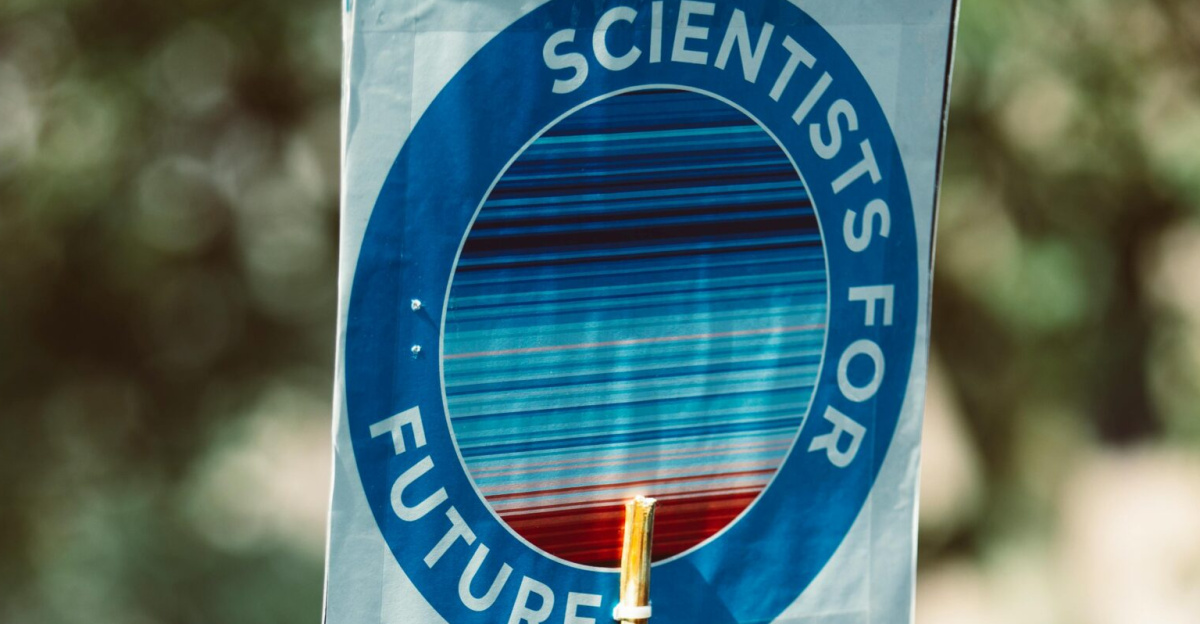
The legislative actions surrounding weather modification have sparked diverse responses from local communities. Farmers, climate activists, and environmental scientists consistently voice their concerns about the potential implications of these bans. Many argue that limiting scientific research on geoengineering will further escalate the challenges posed by climate change.
Vital voices assert that engaging with the public on scientific issues is essential, fostering a better understanding of environmental policies and their implications. Community discourse becomes a crucial avenue for striking a balance between fear and informed decisions regarding climate management.
Misinformation Challenge
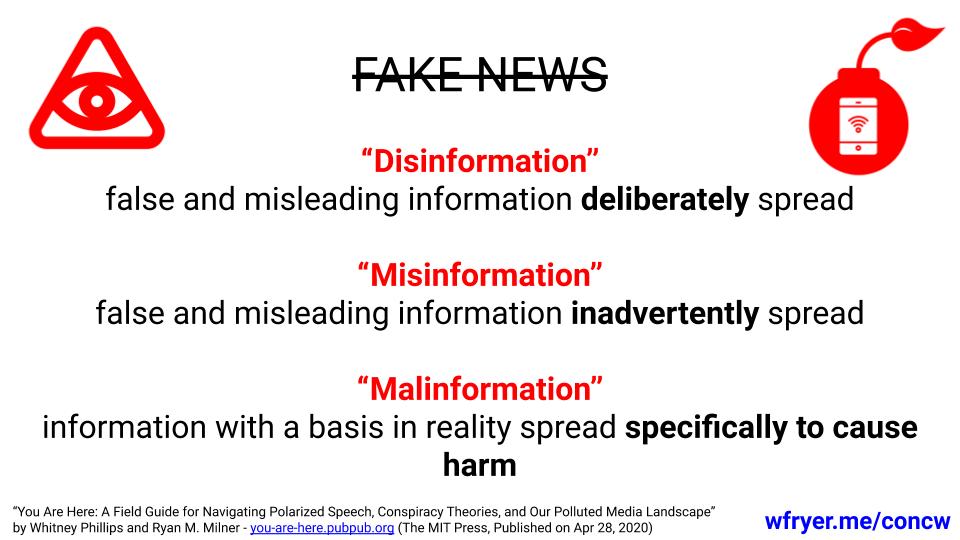
Misinformation regarding “chemtrails” and government-sponsored weather manipulation continues to challenge public understanding of climate science. The decision to ban weather modification without robust scientific backing reflects a broader challenge policymakers face in combating myths surrounding climate change.
Educational initiatives focusing on evidence-based communication are imperative for addressing misconceptions and restoring public trust. Scientists and educators alike are tasked with demystifying geoengineering to enable informed discussions that promote effective policy decisions based on credible scientific evidence rather than unfounded fears.
Balancing Regulation and Innovation
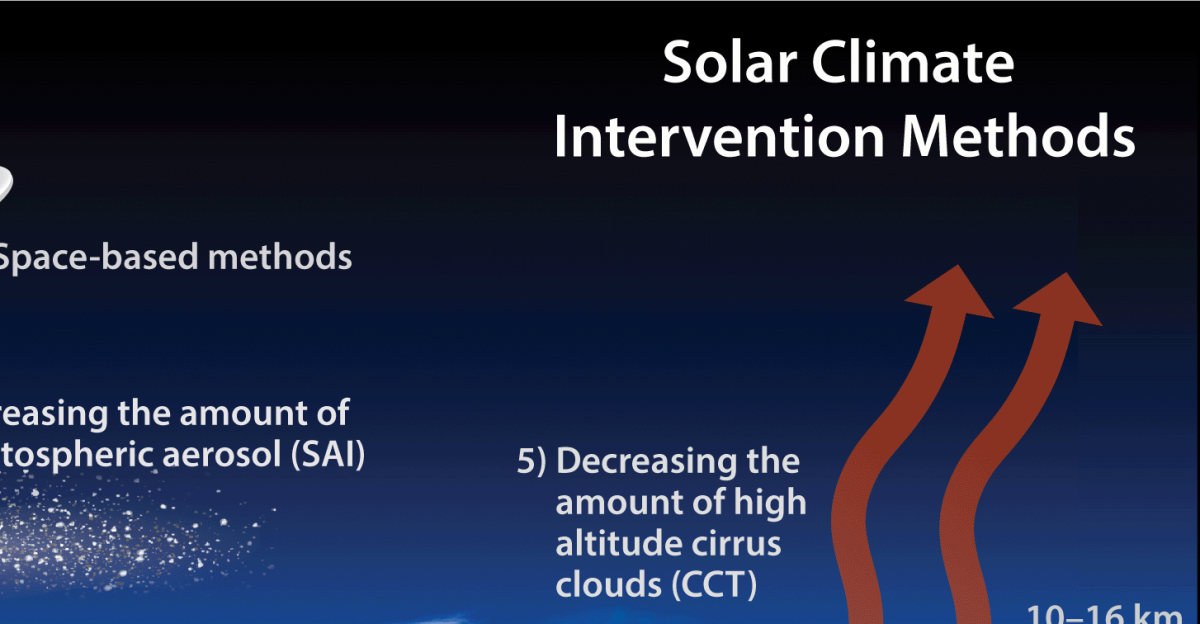
As states navigate the current political landscape, the need to balance regulatory responses with scientific innovation becomes paramount. Bans on weather modification raise critical concerns about the implications for research funding, public safety, and environmental stewardship.
A cautious approach that prioritizes scientific inquiry while addressing genuine public concerns may yield better long-term outcomes for climate policy. Collaborative efforts involving scientists, lawmakers, and community stakeholders are crucial to fostering an informed dialogue on the complexities of weather intervention and its potential role in addressing climate change.
The Road Ahead

The legislative push to ban weather modification across several red states underscores the complexities of climate policy within the current political climate. As misinformation clouds public perceptions and drives legislative efforts, the implications for scientific research, environmental governance, and community welfare pose significant questions.
Moving forward, bridging the gap between evidence-based science and policy decision-making will be crucial to fostering a sustainable approach to climate challenges. The ongoing evolution of these discussions will determine how effectively society can respond to the growing impacts of climate change in the years ahead.